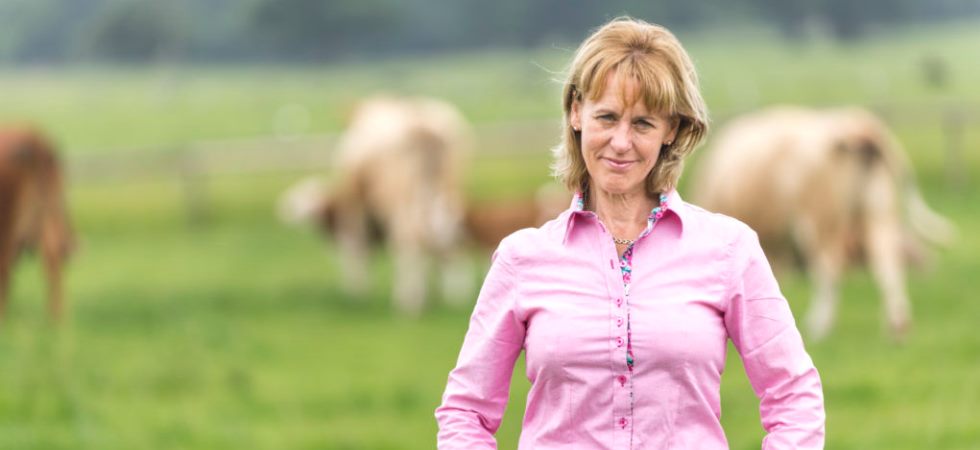The Government’s new Agriculture Bill has received further reaction from trade organisations, following its release last week.
Described as one the ‘most important environmental reforms for many years,’ the Agriculture Bill is a landmark piece of legislation aiming to provide a balance between food production and protecting the environment.
The bill also promises to take back control of British farming in a move away from EU agricultural policy and outlines how farmers and land managers in England will be rewarded with public money for “public goods,” such as better air and water quality, higher animal welfare standards, improved access to the countryside or measures to reduce flooding.
NFU president, Minette Batters, said: “This bill is one of the most significant pieces of legislation for farmers in England for over 70 years and it is absolutely vital that it is tailored to farming’s specific needs and ambitions.
“Our farmers provide the nation with safe, traceable and nutritious food produced to some of the highest standards of animal welfare, environmental protection and food safety in the world. With the right policy framework in place we can build on this to lead the world in the production of climate-friendly food and realise our ambitions to reach net zero by 2040.
“I’m pleased that the government has clearly listened to many of the concerns we raised with the bill in the last Parliament and has acted to ensure the vital role of farmers as food producers is properly valued.
“However, farmers across the country will still want to see legislation underpinning the government’s assurances that they will not allow the imports of food produced to standards that would be illegal here through future trade deals.
“We will continue to press the government to introduce a standards commission as a matter of priority to oversee and advise on future food trade policy and negotiations.”
“Progress is needed and we hope there is no further delay…”
National Sheep Association chief executive, Phil Stocker, said: “This bill is an essential legally binding platform that will provide fundamental commitments and enable secondary legislation to be made, and we absolutely welcome it in that context. Progress is needed and we hope there is no further delay, although this doesn’t mean the process should be rushed and not allow thorough consideration.
“We are pleased to see mention of food security reporting to Parliament, and we await industry engagement with the food strategy as there must be alignment between these two policy strands. Likewise, we welcome funding commitments over the parliamentary term and the seven-year transition period. However, this is such a significant change in direction that we are keen to see ongoing evaluation of the success (or failure) of changes in policy and support. The aspiration to create a fairer supply chain is commendable but we would like to see commitments to protect our farmers from products of lower standards, particularly if we see a strong drive to increase environmental and welfare standards here in England.”
Stocker added: “Grassland generally, and the inclusion of sheep in arable rotations contributes hugely to soil health, building soil organic matter, improving the availability of soil nutrients, and providing a foundation for above and below ground life forms. This policy measure could recognise and reward good soil management in permanent pasture situations as well as encourage the reintroduction of sheep within arable rotations – something most conservation bodies would welcome.”









